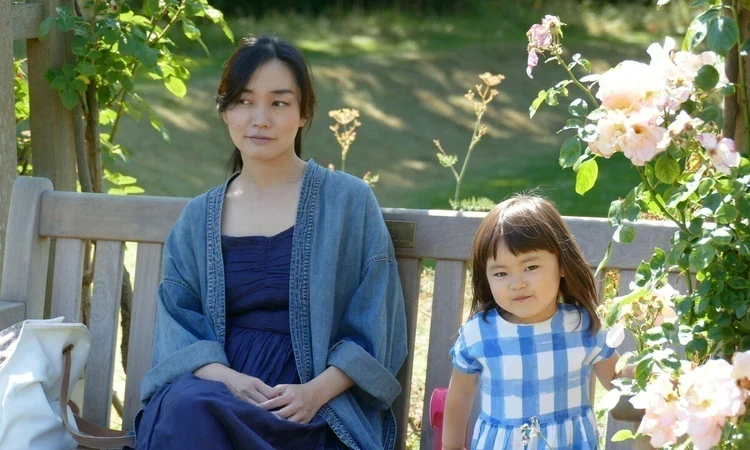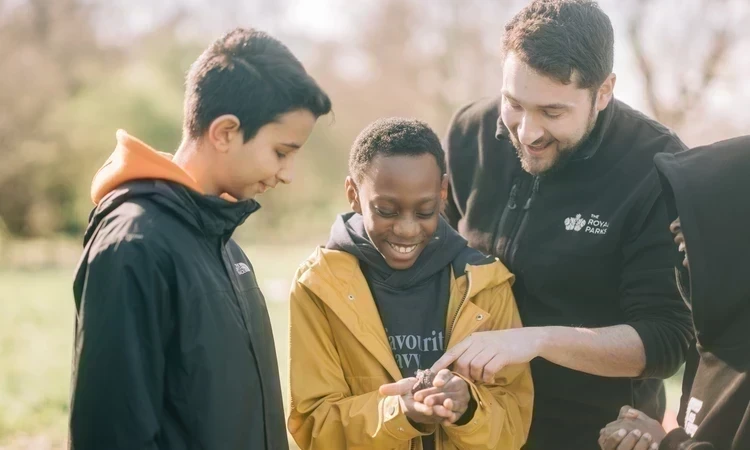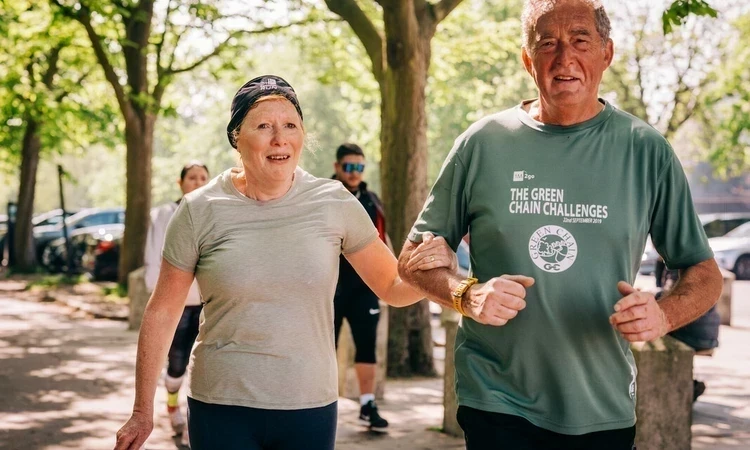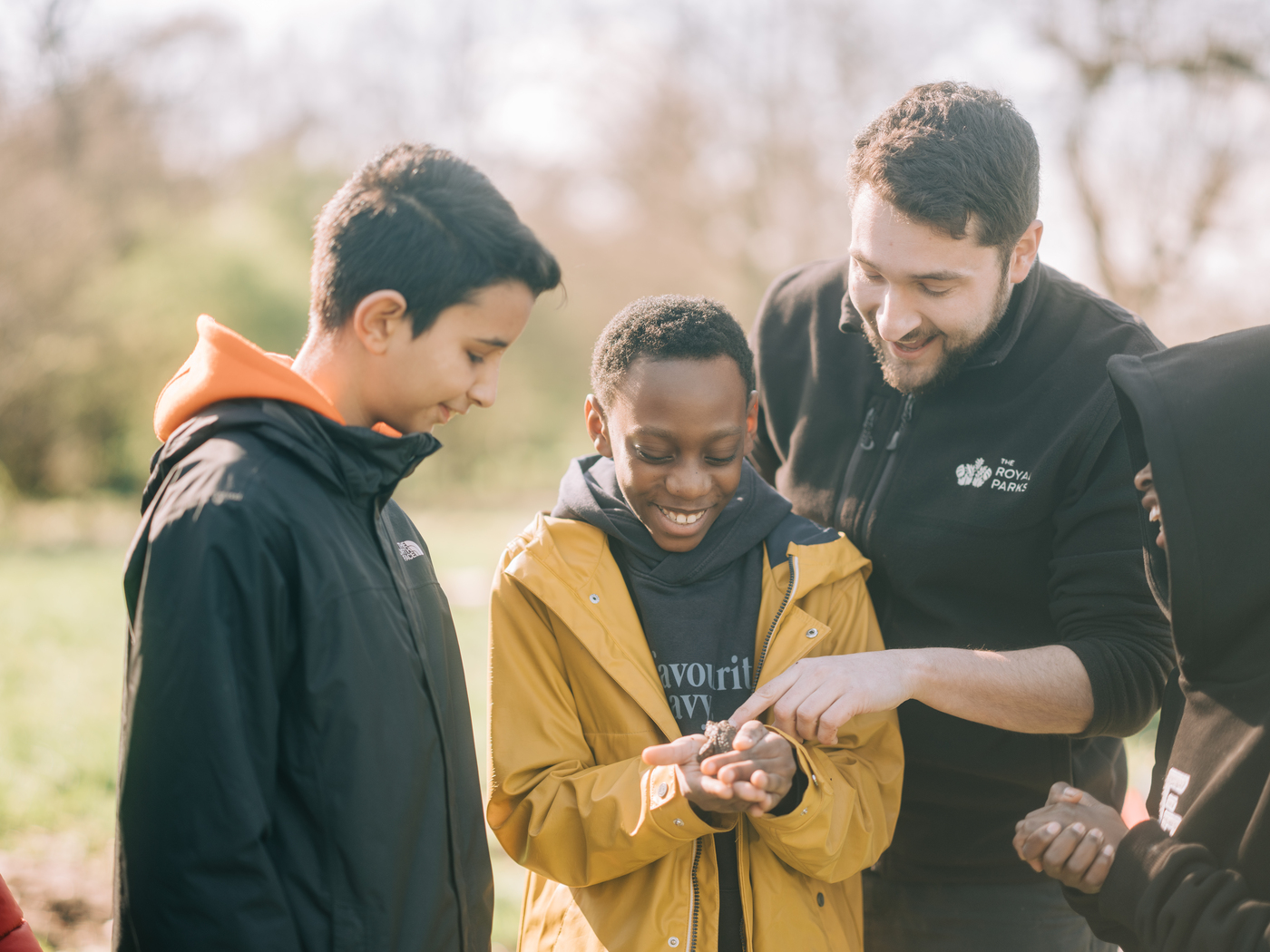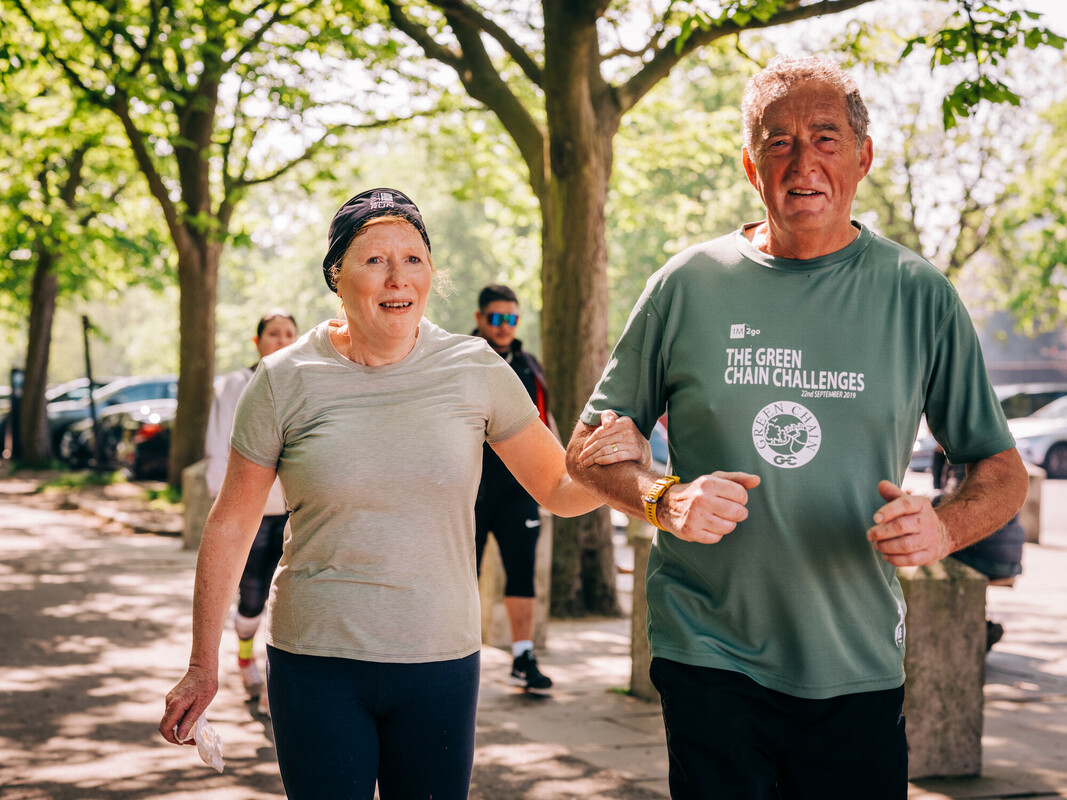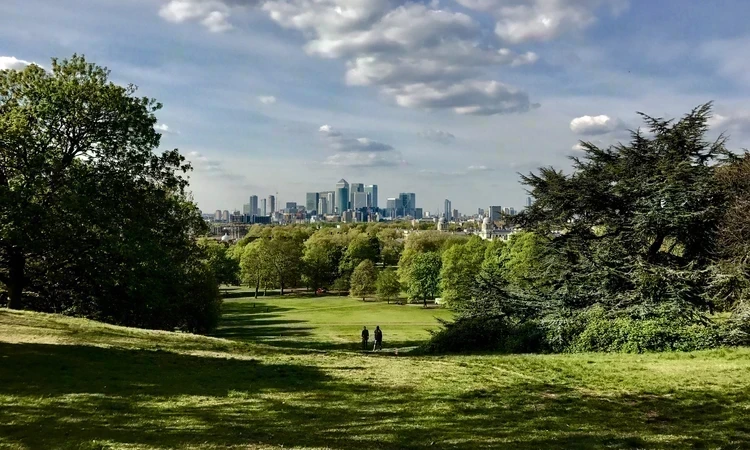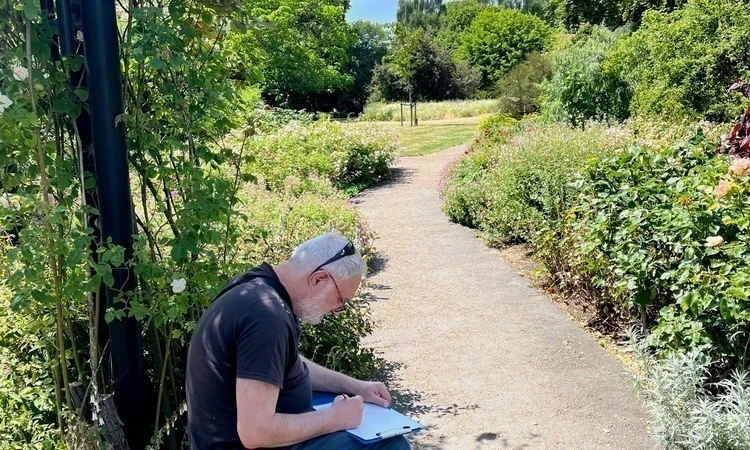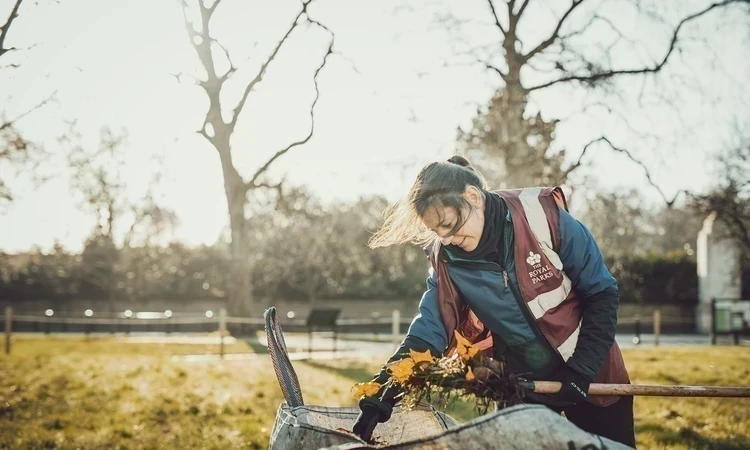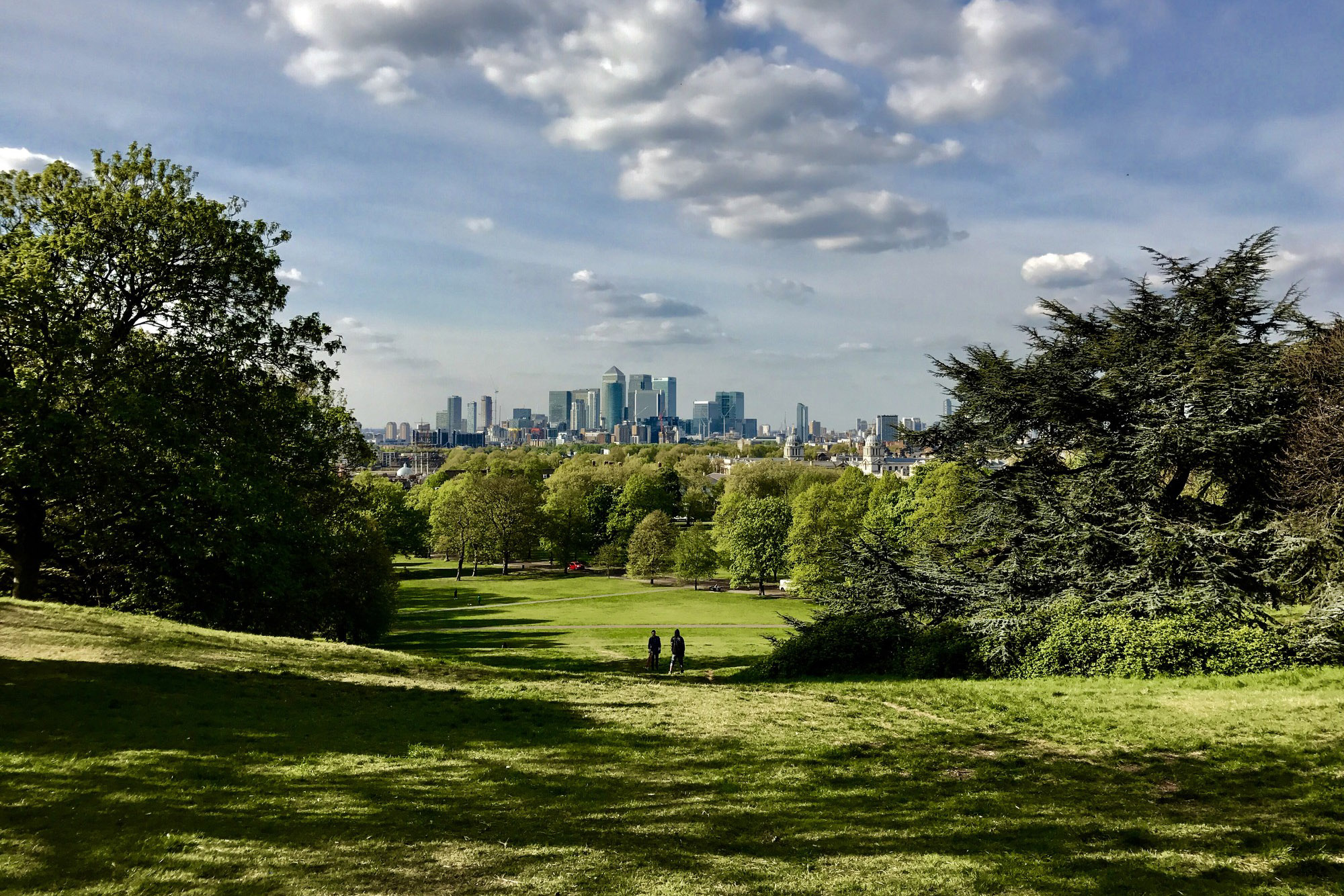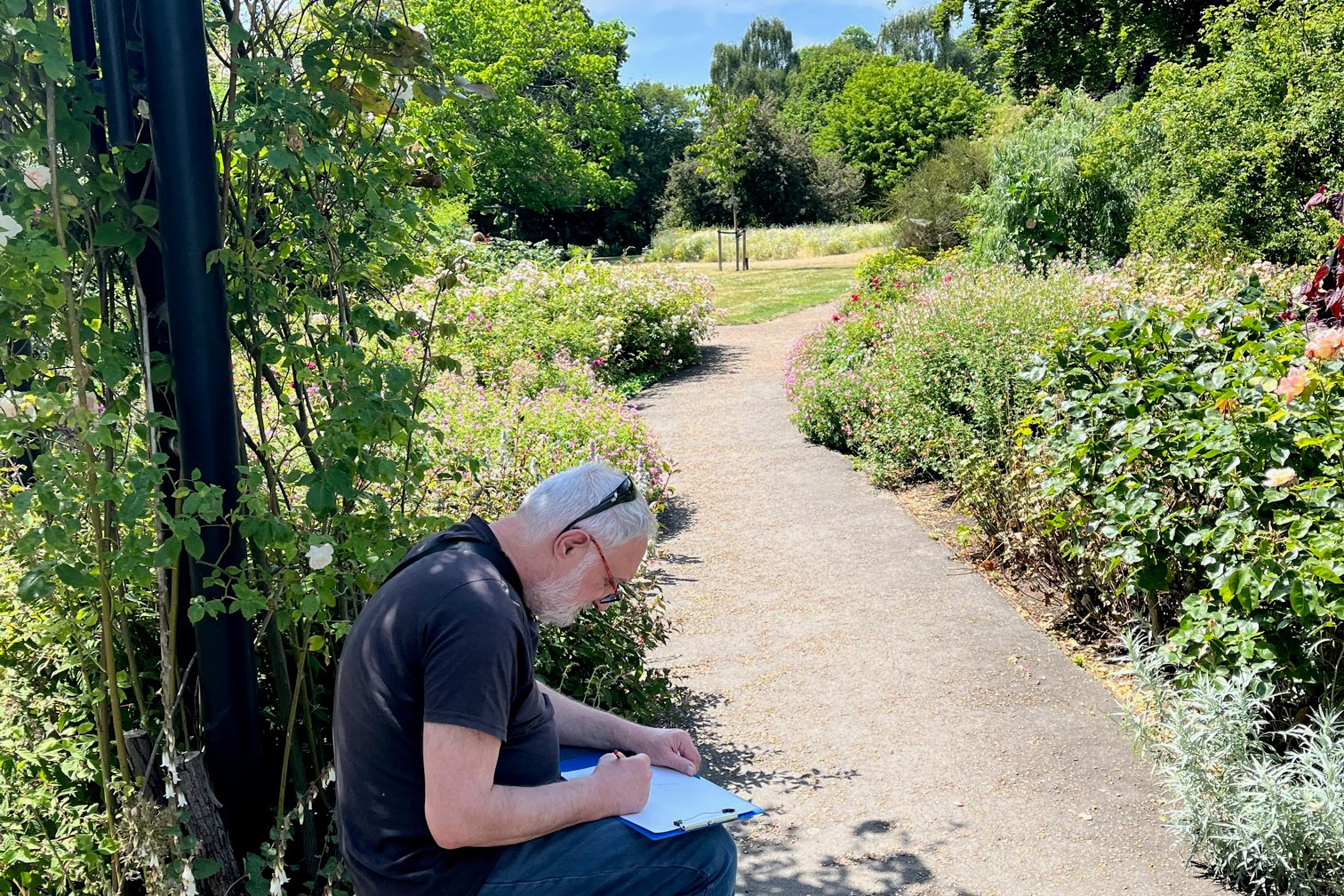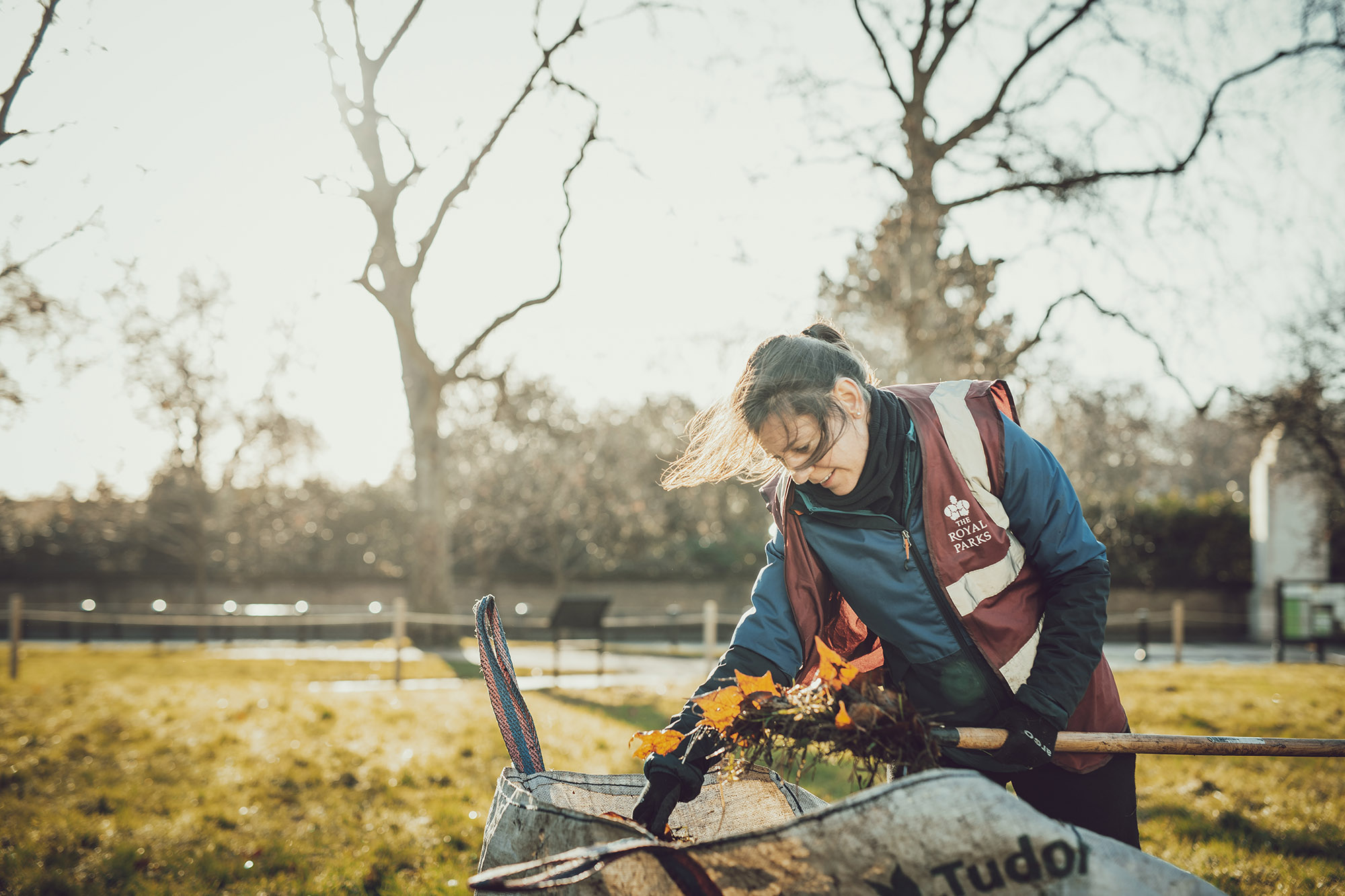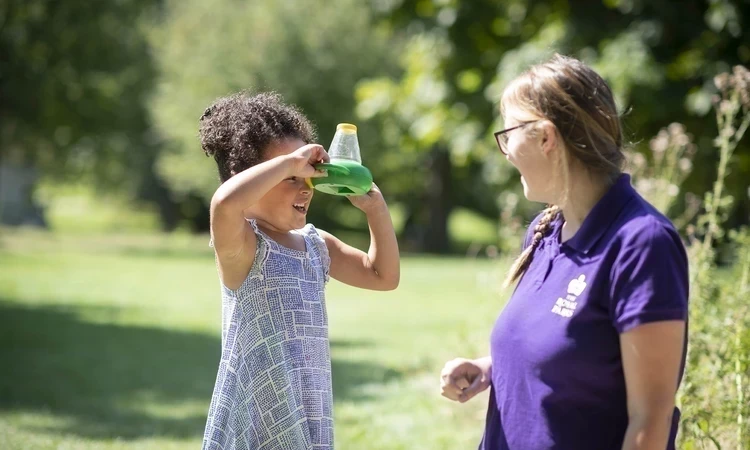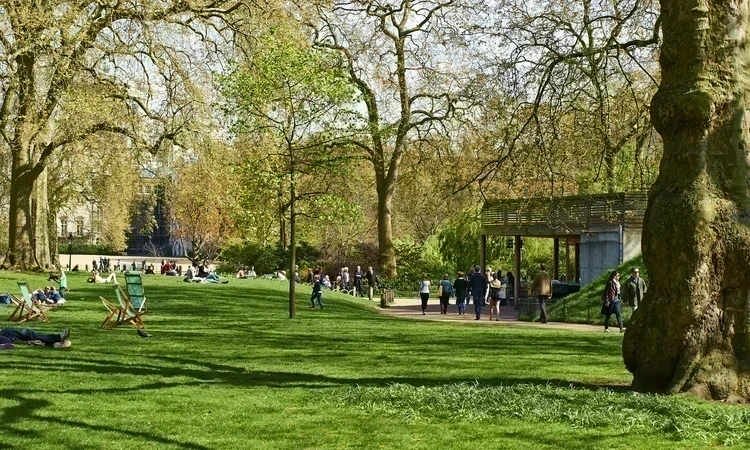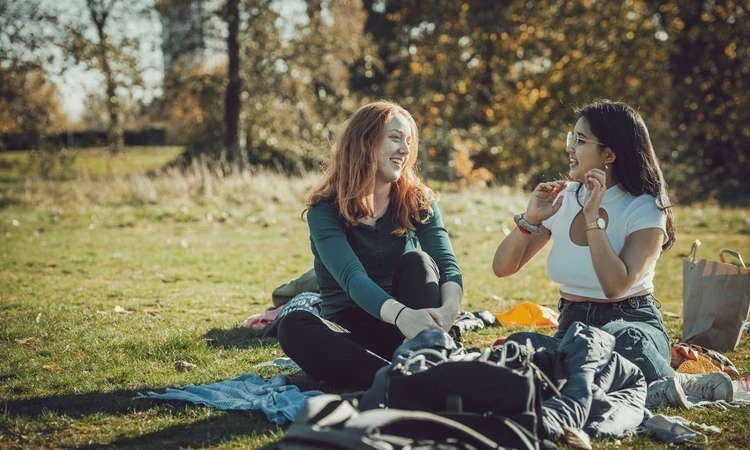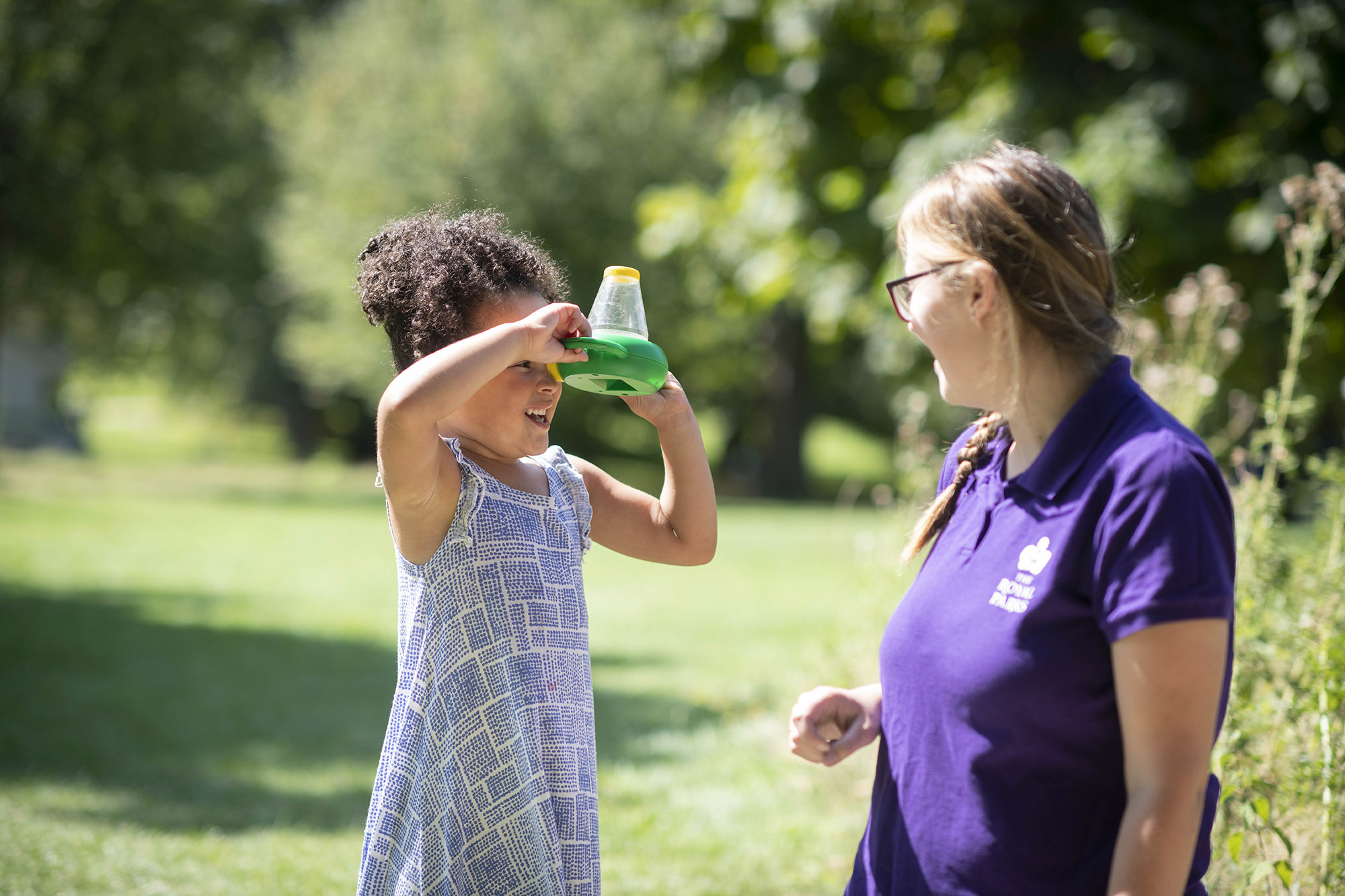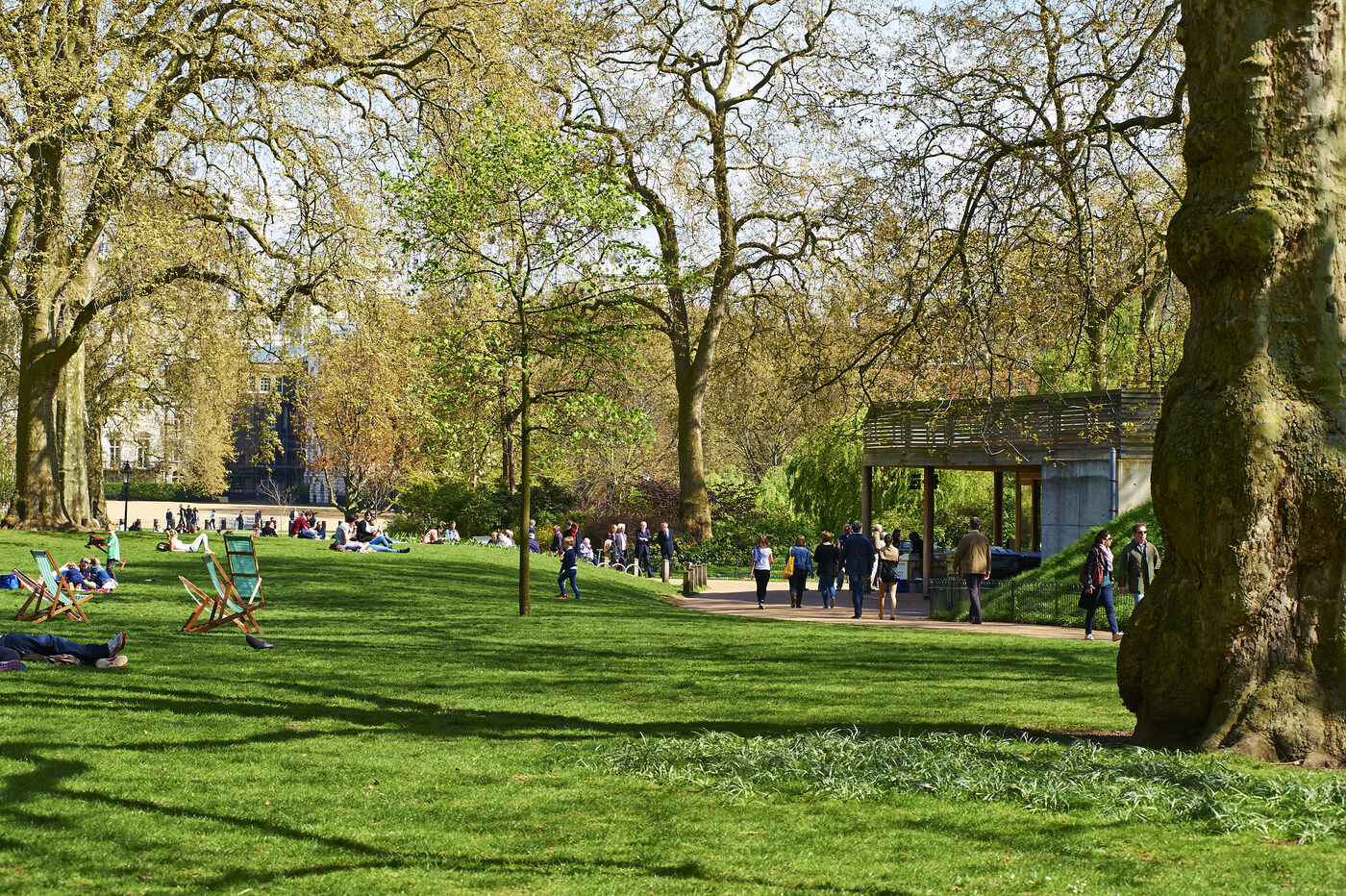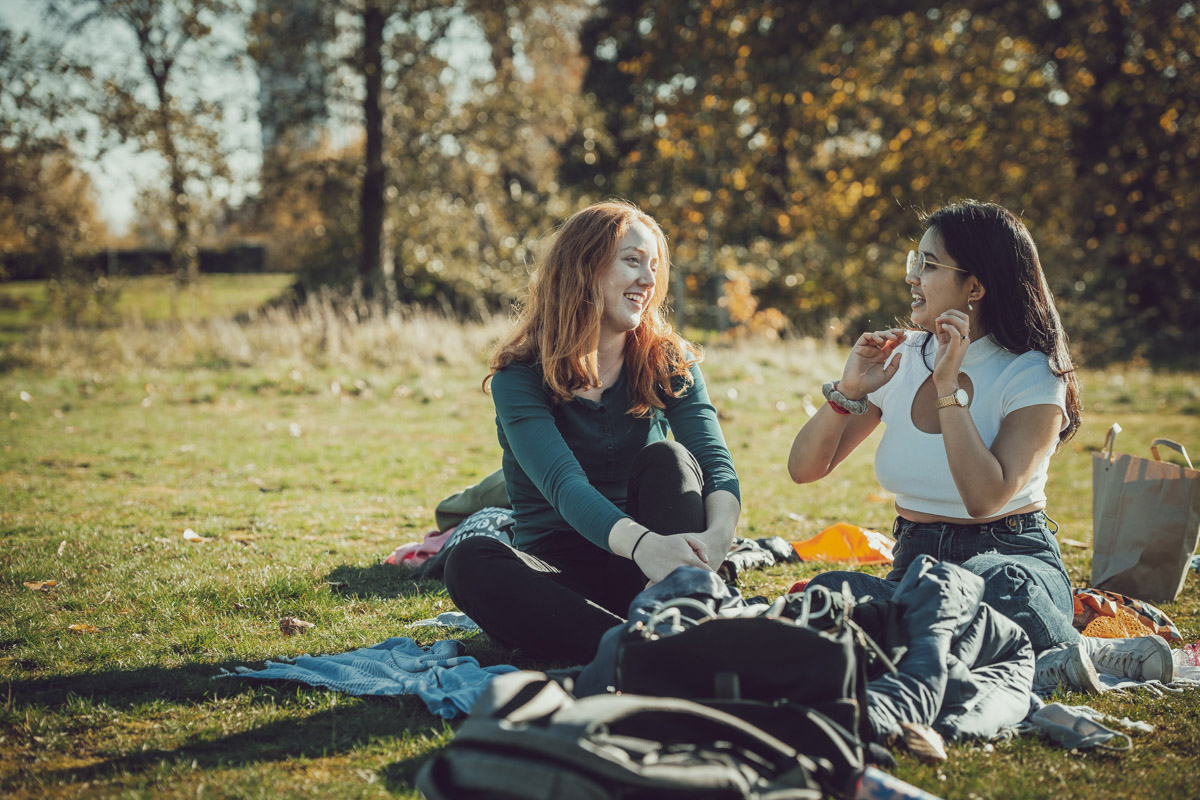
Nature as a respite to support your mental health
Nature can provide important benefits for our mental health.
“Those who dwell among the beauties and mysteries of the earth are never alone or weary of life.” – Rachel Carson
Ever wandered into a park on a warm, sunny day and felt a sudden burst of energy or a wave of relief? Or maybe you’ve been walking along a path and caught a whiff of jasmine that evoked a lovely memory from another time?
Moments like these aren’t a coincidence, they’re nature at work on your mental wellbeing.
The benefits of nature and being outdoors on mental health during the pandemic
During the peak of the COVID-19 pandemic, the Royal Parks and green spaces worldwide became refuges for people looking for a source of fresh air, a change of scenery, and a respite from uncertainty highlighting the importance of connecting with nature for mental health benefits.
In the first year of the pandemic alone, global prevalence of anxiety and depression increased by a massive 25%, according to the World Health Organization (WHO).
It's no surprise that during this time, more people began flocking to their neighbourhood green spaces.
By March 2021, VisitEngland reported a 68% increase on normal levels of people planning to take trips to outdoor areas and outdoor attractions, and to take part in outdoor activities.
The correlation between these figures reflects the ongoing research of scientists worldwide who tell us that spending time outdoors can benefit both your mental and physical wellbeing.
According to leading mental health charity Mind, spending time in green spaces including your local parks can improve your mood, reduce feelings of stress or anger, improve self-esteem, reduce loneliness, and help you feel more relaxed and connected to nature and the wider community.
How does being outdoors help to improve mental health?
You may be wondering, how does simply being outside in a green space help with mental health? This is a great question with a complex answer that we are still trying to fully understand. What we do know is that benefits are often tied to the way in which our senses connect us to the environment. This includes everything from feeling the texture of the tree bark to smelling grass after a rainstorm.
Lucy Jones, author of the book Losing Eden, describes it like this:
“When we walk in the woods, or by a lake, or spend time in a garden or park, evidence suggests that our parasympathetic nervous system is more likely to be activated. After exposure to nature, our stress recovery response is faster and more complete when compared to the built environments.”
In short, your parasympathetic nervous system contributes to the body’s ability to relax. Research shows that when connecting with nature that stimulation of your senses in a natural environment can activate your parasympathetic nervous system which helps put your mind at ease.
Green Minds programme
With this knowledge in hand, The Royal Parks and Mind in Brent, Wandsworth & Westminster (BWW) kicked off a project in April 2022 called Green Minds, a nature connection programme that supports positive mental health. The programme aims to combine expertise from both organisations for the benefit of a group of people facing mental health challenges, by providing tailored access to nature. We have just completed our second year and look forward to planning our 2024 programme.
What does the project involve?
Each month members of the group attend meetups across the parks and participate in activities aimed to improve wellbeing and increase connection to nature. Participants learn about how to help nature flourish, as well as themselves, by creating natural habitats that support a wide variety of plants and wildlife and exploring natural spaces.
Activities can include anything from sweeping for insects across the park’s vast meadows, to bird watching, to tuning into the senses to practice mindfulness by listening and recording nature’s sounds. Following the meadow sweeping activity, one participant reported he was amazed at how much wildlife there is to observe, saying it made him feel alive - highlighting the positive connection between nature and mental health.
Acres writes:
“One of the main benefits I have observed throughout this program is the positive impact it has on people’s mood (including my own). I have seen many participants walk into these sessions appearing quite reserved and anxious, but when they engage in nature activities you can visibly see they become much more animated, relaxed, and communicative. This has a knock-on effect as the participants, some of whom are struggling with loneliness and isolation, are interacting with nature and each other and forming friendships. It’s amazing to see the power of nature and its impact on our wellbeing.”
Six ways to spend more time outdoors to support your mental health
It’s important to remember that being in nature isn’t just a solution during a global pandemic or for those struggling with significant mental health challenges. Getting outside is beneficial for everyone’s mental health and wellbeing! Here are some suggestions for getting outdoors to help improve your mental health:
- Be active. Whether you visit one of the Royal Parks, your neighbourhood green space, or somewhere further afield, make time to explore the outdoors – even if it’s just for a short stroll during work breaks. Check out our self-guided walks to explore the parks and discover interesting things about the wildlife around you.
- Use your senses. When outdoors, stop to use your senses to take notice of environment around you. Do you hear birds above? Do you feel the crunch of leaves underneath your feet? What flowers are in bloom? What do you smell?
- Get involved. Find information from charities like Mind and use their resources to connect with community groups involved in nature and wellbeing.
- Learn something new. Nature courses aren’t just for children! Join a local community garden or join a walking tour in one of the Royal Parks.
- Bring your family. There are lots of ways to include your family in nature and research has shown there are many long-term wellness benefits to children making early connections with nature. Check out the Discovery Days sessions in the Royal Parks!
- Give back. Do something good to help conserve a green space near you. Learn more about volunteering with the Royal Parks and join our community of hundreds of volunteers.
For more information about the benefits of being outdoors on your wellbeing, and the connection between nature and mental health, take a look at the Mental Health Foundation’s useful guide on Thriving with Nature or read the Yale School of the Environment’s summary on How Immersion in Nature Benefits Your Health.
Related Articles
-
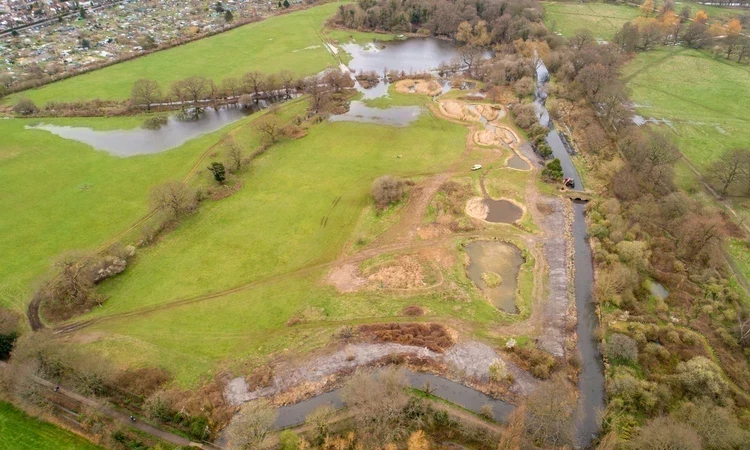 Read
ReadThe Royal Parks in a changing climate
Climate change is having a profound effect on the natural environments and wildlife of the Royal Parks.
-
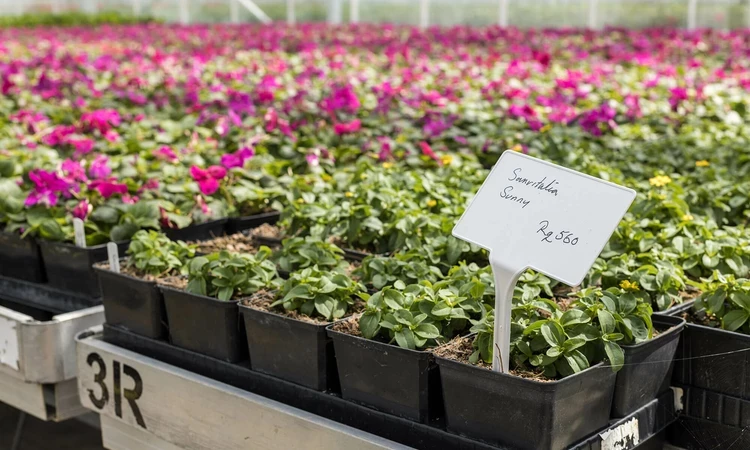 Listen
ListenNational Gardening Week with Grow2Know
In this episode, recorded for National Gardening Week, host Laura McMahon talks to Tayshan Hayden-Smith and Danny Clarke of charity Grow2Know.
-
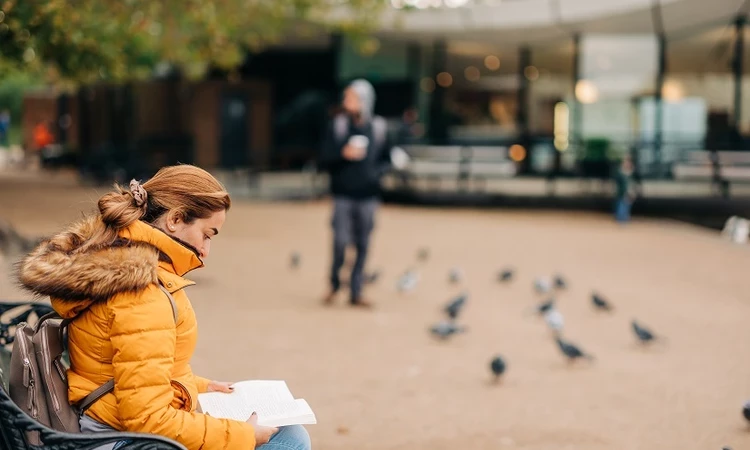 Read
ReadThe Royal Parks in Literature
From Samuel Pepys to J.M. Barrie, discover the classic authors whose connections to London’s Royal Parks inspired and featured in their stories
